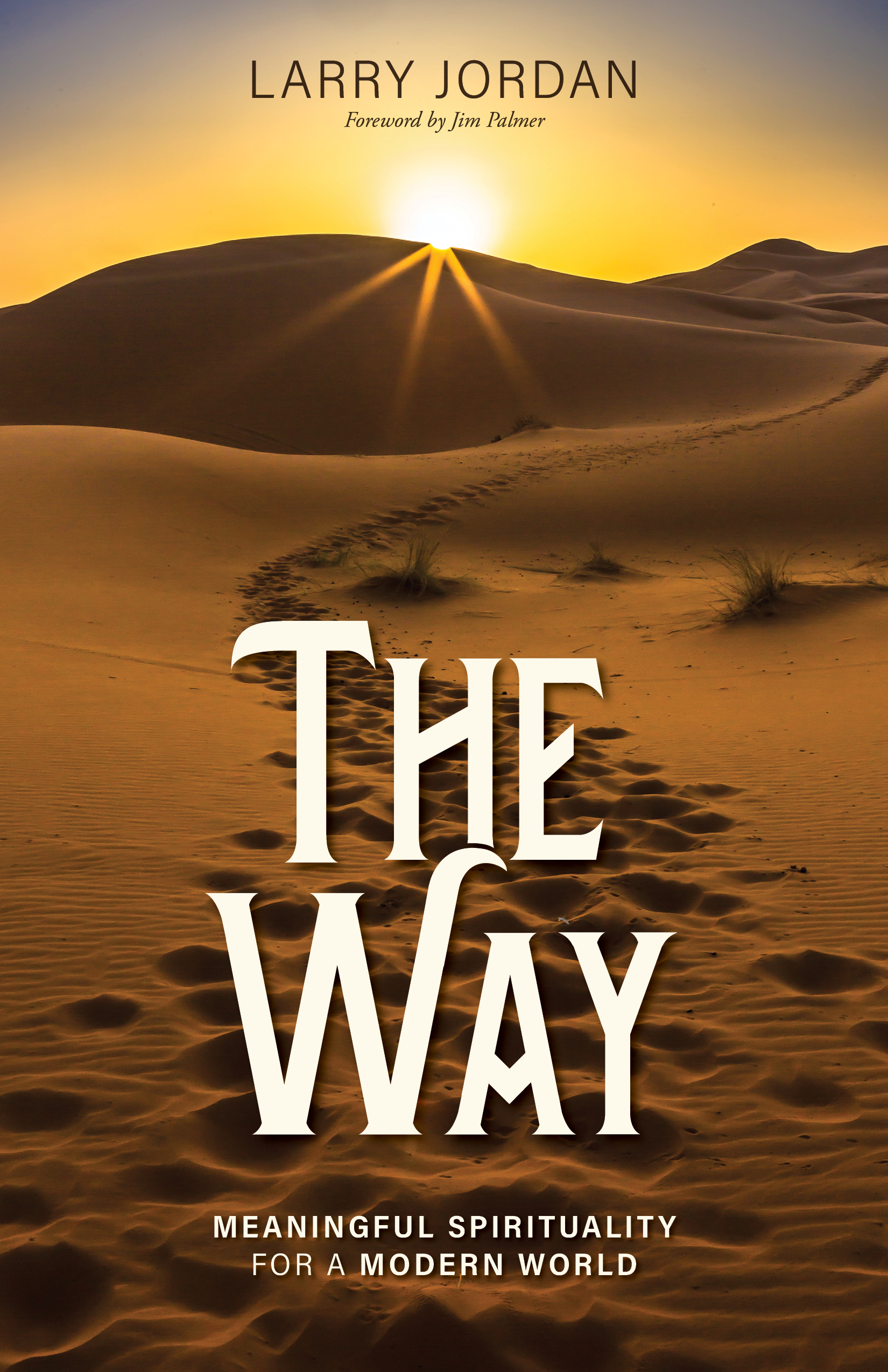"Meeting the Fire"
Eastern spirituality teaches us to “renounce the fruits of action” or the outcomes of effort.
In The Bhagavad Gita, Krishna tells Arjuna, “You have the right to work, but never to the fruit of the work. You should never engage in action for the sake of reward, nor should you long for inaction. Perform work in this world, Arjuna, as a man established within himself, without selfish attachments, and alike in success and defeat.”Gandhi said, “By detachment I mean that you must not worry whether the desired result follows from your action or not, so long as your motive is pure, your means correct… But renunciation of fruit in no way means indifference to the result. In regard to every action one must know the result that is expected, the means thereto, and the capacity for it.”
I recently read a book called “Fire Monks,” which described the efforts of five Buddhist monks who risked their lives to save Tassajara, a Zen Buddhist monastery in California, which was threatened by a wildfire in June, 2008.
The author clearly expressed the paradox of practicing detachment in our everyday lives:
“A clever Zen teacher might say that standing back and letting the monastery burn belies a kind of attachment to the idea of nonattachment, that trying to save it when it could all burn away is true nonattachment. In trying to save Tassajara from the fire — or your own life from disaster — you can’t be sure that you will. In fact, you can lose everything you love in a moment. And that’s not a reason to give up. If anything, it’s a reason to turn toward the fire, recognizing it as a force of both creation and destruction, and to take care of what’s right in front of you, because that’s all you actually have.”
The monks spent several weeks preparing for the fire — clearing brush, erecting barriers, running sprinklers, studying the fire — before they spent several hours meeting the fire.
“Reality doesn’t follow directions. The fire you want or expect will not be the fire you get. You can’t turn away from fire. You can’t hold it, either. You have to turn toward it, not knowing what it will bring, with your shovel or fire hose or simply with your attention.” Even in a worst-case scenario, the fire can only burn once. As Eihei Dogen wrote, “Firewood becomes ash, and it does not become firewood again.”
“We’re not really fighting the fire. We’re meeting the fire, letting the fire come to us,” said the Abbott. Instead of confronting the fire as an enemy, he explained, they would seek to “make friends with it, tame it as it reaches our boundaries.” Contain it, divert it, slow it.
At the end, the author reveals that her husband was diagnosed with multiple myeloma, during the writing of the book. “So I understood how it must have felt for the monks waiting for the fire. I knew myself the power of actually meeting something, not being before it or behind it, but simply in it. When cancer spreads, when the fire finally arrives, there is no question where your life is at that moment. You become a fire monk.”

